-

International climate experts gather in Wellington
Media release01 March 2019Weather and climate experts from around the world are meeting in Wellington next week to discuss the critical need for accurate forecasting to cope with a changing climate. -
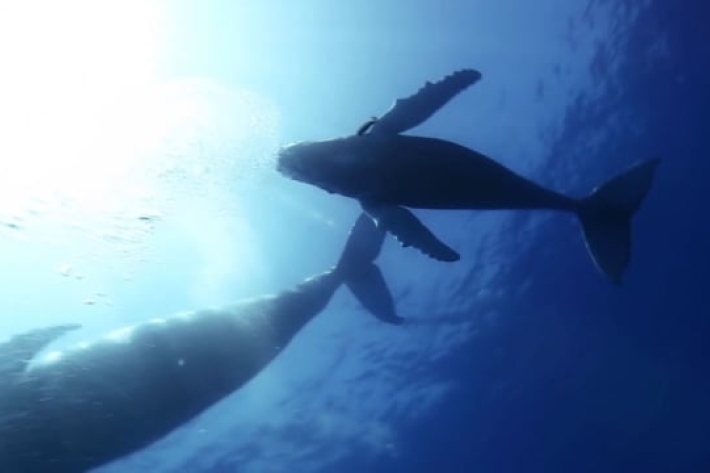
Ocean acidification—what is it?
The on-going rise of carbon dioxide (CO2) in the atmosphere is not only changing our climate—it is also changing our oceans. -

Mitigating ocean acidification to protect mussels
-

The heatwave in numbers
Media release01 February 2019NIWA has crunched the data on this week’s heatwave and come up with the following record breakers -

Voyage Update 3: Phytoplankton producers powering the world
23 January 2019. By Voyage Leader Dr Richard O'Driscoll. -

Scientists confirm warming seas around New Zealand
Media release24 January 2019The water in the New Zealand region is significantly warmer than it was 30 years ago, and all indications are the warming trend will continue, says a NIWA scientist. -
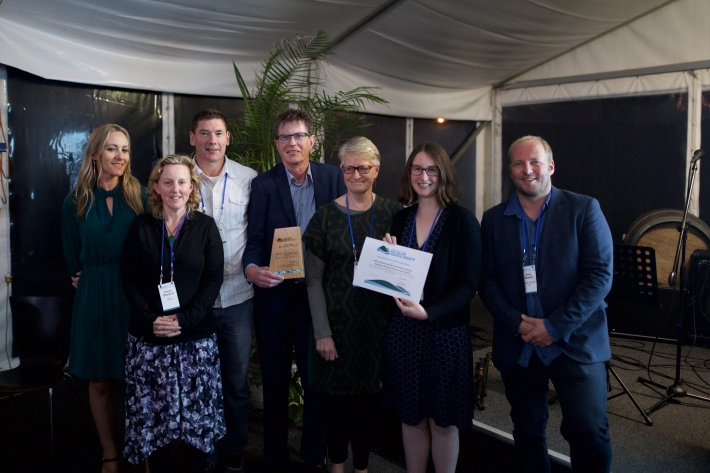
NIWA joint winner of 2018 Terry Healy Coastal Project Award
Media release27 November 2018A trio of lead authors from NIWA has been named alongside the Ministry for the Environment and others as joint winner of the 2018 Terry Healy Coastal Project Award. -
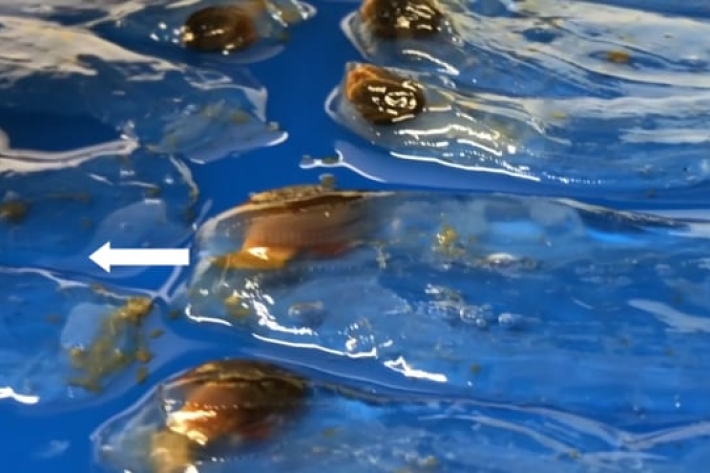
NIWA Blake Ambassadors Vlog 1: Sampling salps 24/7
Sampling salps from different depths -
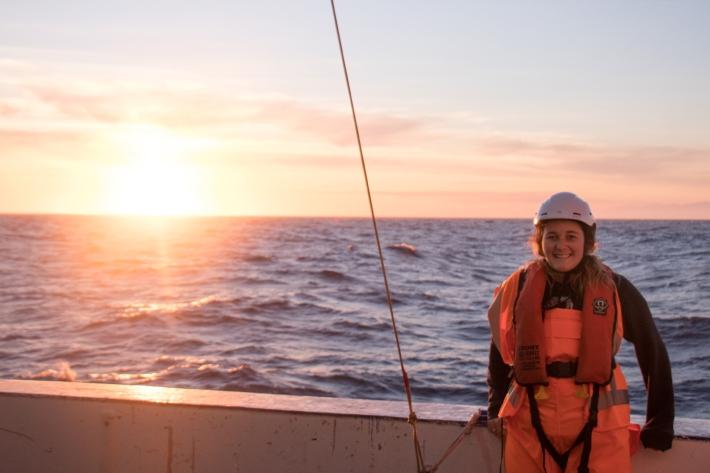
NIWA/Blake Ambassadors Blog 1
24 October 2018: NIWA Blake Ambassadors Lana Young and Siobhan O'Connor report back -

The Year of the Salps project
Students at Leigh School have been working with marine scientists and the 'Year of the Salps' project partners to learn how to count sea salps, understand salp life cycle phases and the importance of salps in marine ecosystems and their carbon-cycling effects on climate change. -
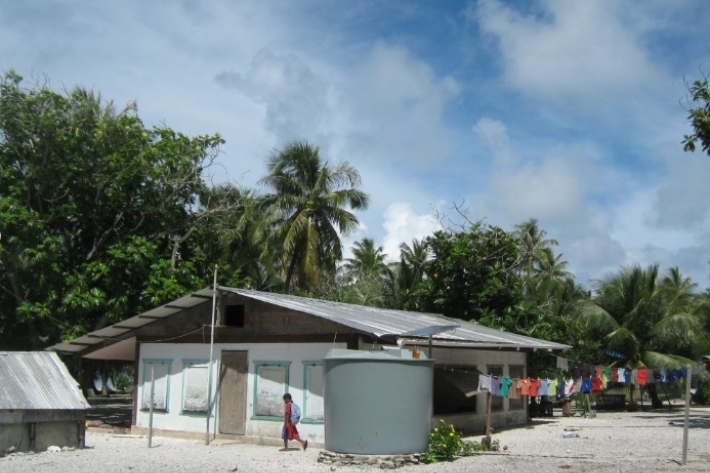
Marshallese benefit from new RiskScape drought tool
Feature story17 October 2018Inhabitants of the Marshall Islands may not be able to avoid drought, but thanks to a new tool co-developed by NIWA they can now plan ahead to better manage water resources when the big dry looms. -

A say on the sea shore
Feature story16 October 2018Coastal communities around New Zealand are getting a say on how to respond to sea-level rise, and NIWA is helping them.
